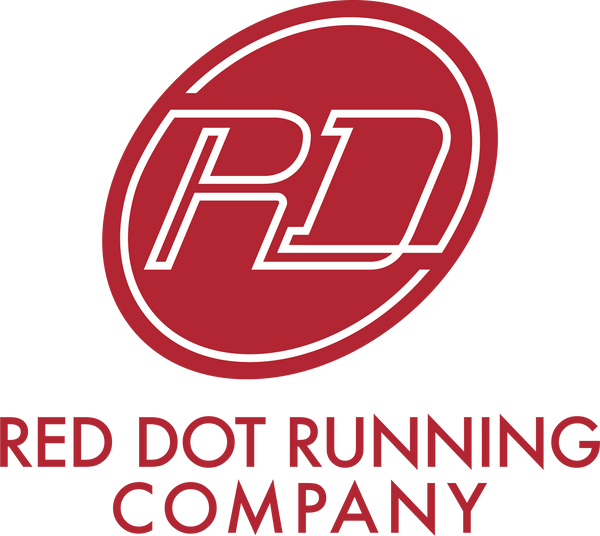The Standard Chartered Singapore Marathon is coming up next week (Dec 1 - 3), and if you're racing, you're undoubtedly running peak mileage weeks. Two things: Are you recovering optimally? And do you have your race nutrition strategy dialled in?
First things first: Sleep. Are you getting enough?
Next: Food. Are you eating properly?
Finally: Post-workout calorie and electrolyte replacement during the 'Window of Opportunity'.
You should always aim to eat a good, balanced meal within two hours of your hard session (or any workout that deserves to be called a workout). For high-training volume athletes with five or more workouts a week, the key to rapid recovery is consuming a post-workout snack or drink within 30 minutes of finishing an exercise session. If you travel to your training venue, bring something with you. There are no excuses for not being prepared. You remembered to pack your training kit and shoes; recovery should be an extension of your training session, not an afterthought.
The 30-minute post-workout 'Window of Opportunity' is when your body will most efficiently absorb the nutrients you're feeding it. Your recovery drink should include 30-60g of carbohydrates, 10-20g of protein (protein is vital to repairing and rebuilding damaged muscles, which is the reason you may be sore the next day), vitamins, minerals, and antioxidants, plus enough fluid to replace what you have sweated out and more.
Simply put, get some more carbs in, with a little protein and electrolytes. Consume more after a heavy or long workout and less after a short workout.
Recovery supplements aim to:
1) Replenish glycogen stores – Glycogen is the stored energy in your muscles that is used during exercise. Ideally, your recovery supplement is comprised of simple sugars that are easy to digest and go straight to your bloodstream to take advantage of your body's ability to efficiently replenish glycogen stores within 30-60 minutes after exercise. Be wary of products that incorporate maltodextrin or starches, complex chains of sugar that are difficult for your body to digest. If you're an endurance athlete, you'll find that feeding your muscles (with simple carbs) after a long session will ensure that your glycogen stores are replenished, allowing for a great workout the next day.
2) Rebuild muscles – Training breaks down muscle fibres, and recovery periods allow them to rebuild and strengthen, ready for the next training onslaught. Your recovery supplement should incorporate a complete protein to rebuild damaged muscle tissue, and mitochondrial protein. Complete proteins are the only kind of protein that rebuild your muscles after exercise. A complete protein is one that contains all nine essential amino acids (Isoleucine, Leucine, Lysine, Methionine, Phenylalanine, Threonine, Tryptophan, And Valine).
You'd have to consume a much larger quantity of other protein-based products to get the same results as a complete protein. But here's an important note: high-protein recovery drinks are wasted if consumed in the Window of Opportunity. Your muscles are hungry. They will not discriminate between calories from carbs or protein. So, your expensive protein shake will essentially be used to feed your muscles in the same way carbs would. Save the high-protein supplements for later.
3) Rehydrate and restore electrolytes – Electrolytes are minerals that are vital in conducting nervous impulses, contracting muscles, keeping you hydrated, and other processes that keep your body functioning normally. You need to replace your body's levels of sodium, potassium, calcium, and magnesium to restore electrolyte balance and replace what you've sweated out during your exercise.

Need to stock up on vital recovery supplements? Shop our supplies here.
Like some guidance on how to be your best for the Standard Chartered Marathon next week? Come by our store at 108 Sims Ave and let our friendly RDRC team help you optimize your race.

